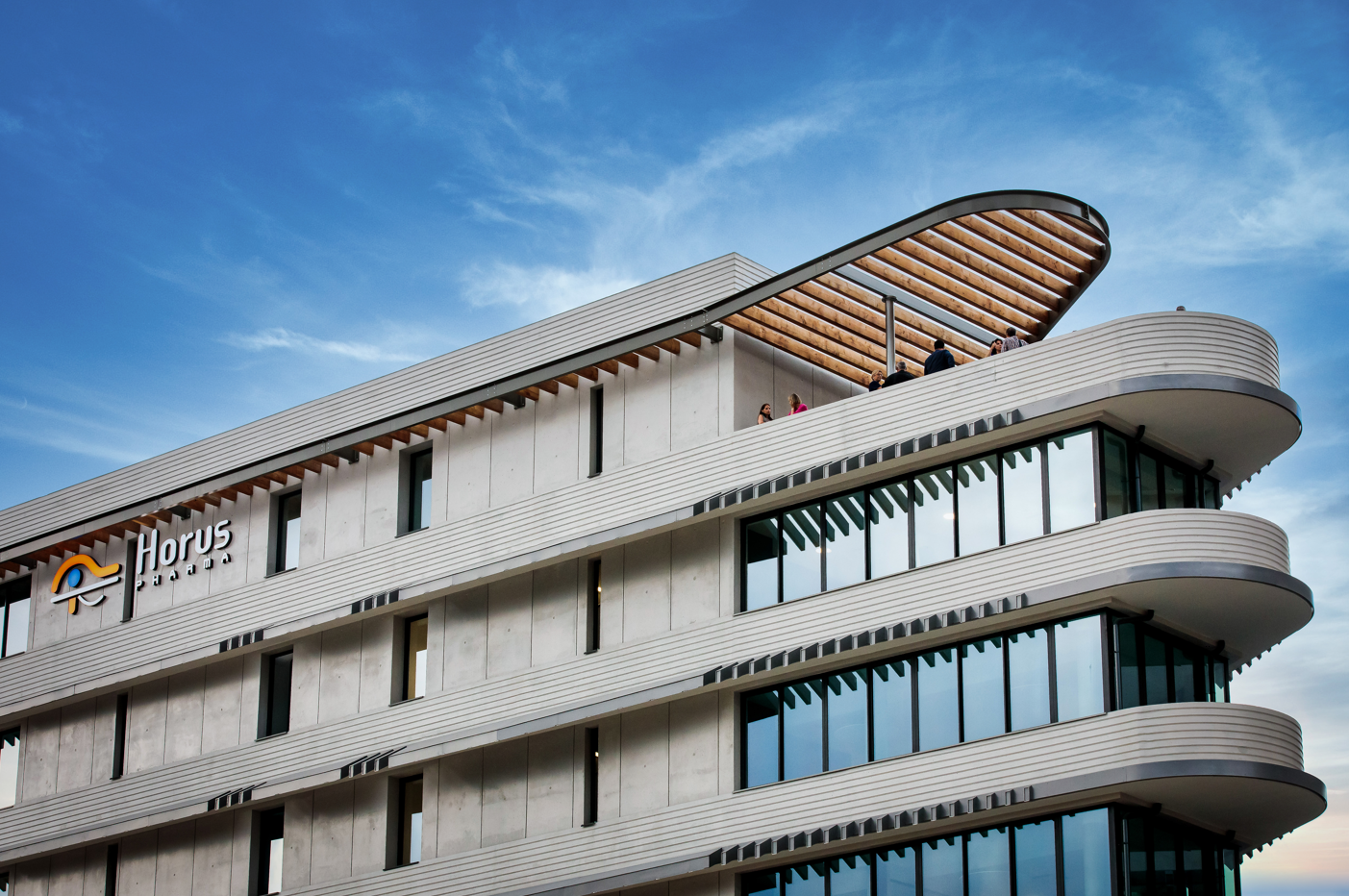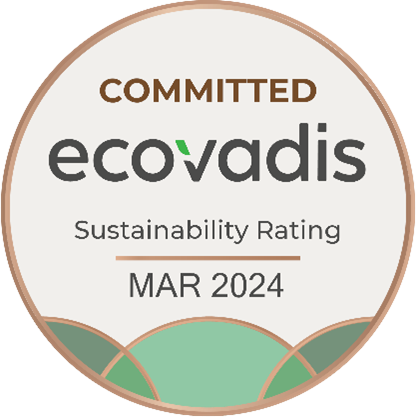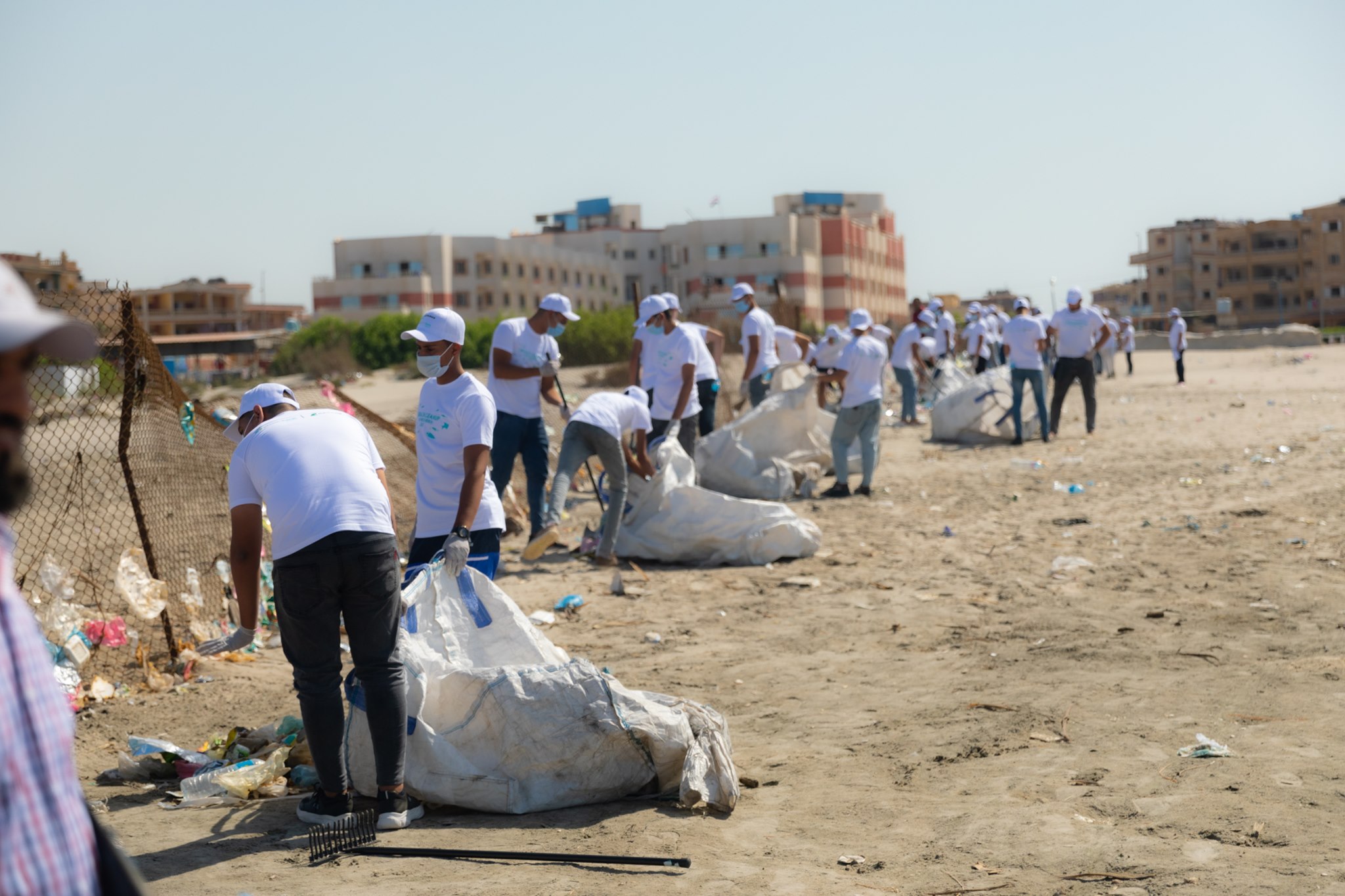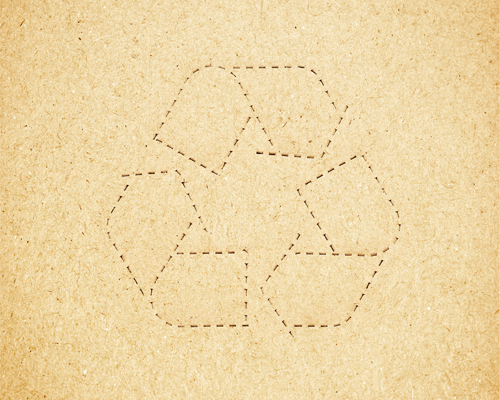ECO' OPHTALMO: ACT TOGETHER TO REDUCE OUR ENVIRONMENTAL FOOTPRINT
THE ORIGIN OF OUR INITIATIVE
For 20 years, HORUS PHARMA has been firmly focusing its corporate culture and development strategy on ecology based on two fundamental pillars:
- Its commitment as a pharmaceutical company to improving the health of the population while preserving the environment and applying respectful professional practices.
- The mountain and Mediterranean origins of the founders who imbued the group with their sensitivity to climate change and environmental preservation.

The laboratory teams uses “ the small step method ” for pragmatic and sustainable solutions for the environment and research. Their direct and significant impact on patients, physicians and, more broadly, on the environmental footprint has paved the way for new uses, which the laboratory’s management is striving to pass on and strengthen :
- A culture of preservative-free products for eye and eyelid health and cosmetics. Preservatives have not only been proven to be harmful to the cornea, they are endocrine disruptors, producing a negative impact and on fauna and flora.
- Short manufacturing circuits: HORUS PHARMA products are 100% manufactured in Europe and 75% in France.
- The use of multidose containers : HORUS PHARMA is the 1st Laboratory to offer a hyaluronic acid-based ophthalmic solution for dry eye, reimbursed by the national healthcare system in France, in a 10 ml multidose preservative-free vial (i.e. 17 times less plastic and 8 times less water used compared to single-dose vials) then to offer a 15 ml multidose vial that is more economical for patients and the healthcare system, while being more environmentally friendly.
This method is now widespread across all our ranges.
A PROGRAMME DEDICATED TO REDUCING OUR ENVIRONMENTAL FOOTPRINT
At end of 2022, HORUS PHARMA formally laid down its commitment to ecology through the Eco’Ophtalmo programme implemented in the laboratory, for products and by healthcare professionals.

A LABORATORY-WIDE COMMITMENT
This commitment resulted in the head office being moved in April 2023 to the Éco-Vallée, a new district of Nice at the centre of a vast development and urban planning project for the Nice Côte d’Azur urban area, the buildings of which comply with the Green Site charter, which is in keeping with the laboratory’s values of eco-responsibility.
Alongside the move of the headquarters, a new transport policy favours public transport in the immediate vicinity of the premises (located 15 minutes from Nice airport) and an electric car fleet is being developed. Teleworking and videoconferencing to keep down travel round off the measures taken to reduce the company's environmental footprint.
In order to analyse the direct and indirect greenhouse gas emissions generated by all its activities, the laboratory carried out a carbon audit in 2023, the aim of which was produce an action plan for the coming years.
To broaden its approach and assess its CSR practices around the four pillars of Environment, Social and Human Rights, Ethics and Responsible and Sustainable Purchasing, HORUS PHARMA used the EcoVadis platform. This constituted the 1st step towards guiding these actions and setting the priorities for them.
The Group's employees are the main players in this approach, engaging them both in concrete actions such as waste sorting, the use of cardboard cups and the elimination of single-use plastic, but also by training them and raising their awareness of environmental and societal issues.


A COMMITMENT FOR PRODUCTS : RECYCLABLE PACKAGING AND PLASTIC COMPENSATION
The environmental impact of a packaging is taken into account throughout its life cycle: from the acquisition of raw materials, via production and use, through to destruction and recycling. For our secondary packaging, we use FSC cardboard, reduced impact vegetable inks, and water-based adhesives and varnishes as much as possible.
For primary packaging (containers), in addition to offering our eye drops in multidose vials with a larger capacity that is more economical and environmentally friendly, HORUS PHARMA uses biosourced plastic for its most important products for which it has obtained ISCC Plus certification, an international standard for sustainability that uses raw materials of plant origin or from recycling with complete traceability from the collection of raw materials (from biomass or waste and residues) to processing. For several years, the laboratory has also been working on developing an I-Free eco-responsible vial for which several patents have already been filed.
In order to compensate for the use of plastic in the manufacture of products, which remains essential today in ophthalmology, at the end of 2022, the laboratory , alongside the social organisation Plastic Bank, committed to recycling the quantity of plastic used in the packaging of 15 main products, which represented just over 100 tonnes in 2023.
This partnership was renewed until the end of 2025 for the collection and recycling of an additional 300 tonnes of plastic waste on the shores of the Mediterranean in Egypt.
This collection program contributes to the depollution of the oceans while creating a positive social impact for local communities by guaranteeing them income, access to healthcare and education.
So far, more than 500 collection centres have been set up in Southeast Asia, Latin America and Africa by Plastic Bank.
For more information, visit https://plasticbank.com.

.png)
A COMMITMENT WITH HEALTHCARE PROFESSIONALS TO PROVIDE SUPPORT TO CHANGE OPHTHALMOLOGY PRACTICES
HORUS PHARMA is aware of its societal role as a leader in ophthalmology, and wanted to share its approach with healthcare professionals and gradually create a community of ophthalmologists driven by the desire to change the way they operate, both in their practices and in hospitals.
The laboratory relies on a board of practitioners who are very committed to reducing their environmental footprint to raise awareness, provide information and share initiatives addressing common issues and contribute to research in this field. For example, this board worked with the laboratory on a life cycle analysis of an ophthalmology practice, the results of which should be published by the end of 2024. For the 1st time this year, it also funded an SFO Eco’Ophta Prize to reward an ecological project.
Similarly, for the 2nd year running, in March 2024, HORUS PHARMA brought together around one hundred ophthalmologists at an event where experts in sustainable health and practitioners shared their experiences : a practice's carbon footprint, IVT carbon footprint, reducing waste during procedures, reflection on the impact of disposable equipment vs. reusable equipment after sterilisation, among other things. These are all avenues that fuelled discussions with the participants and which contribute to encouraging healthcare professionals to adhere to this approach.


